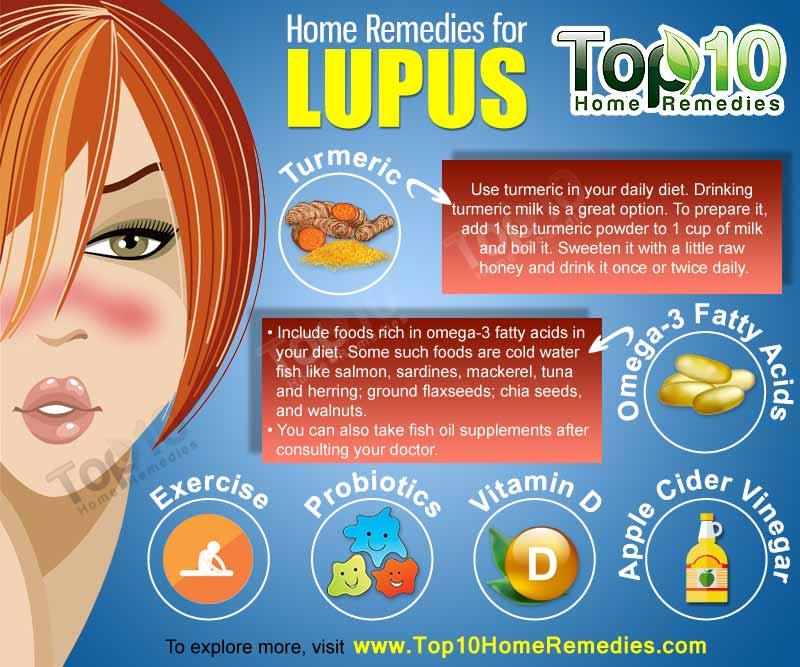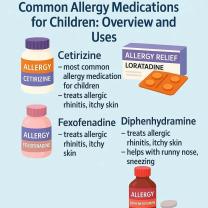What is the best treatment for lupus rash?
Treatment for lupus rash typically involves a combination of medications and lifestyle adjustments. Here are some strategies commonly used to manage lupus rash:
Topical Treatments: For mild rashes, dermatologists often recommend topical corticosteroids or calcineurin inhibitors to reduce inflammation and soothe the skin.
Antimalarial Medications: Hydroxychloroquine and chloroquine are often prescribed for lupus. They can help control skin rashes and also have broader benefits in managing the disease.
Immune-Suppressing Drugs: In more severe cases, systemic medications like corticosteroids, immunosuppressants (such as methotrexate, azathioprine, mycophenolate mofetil), or biologics might be prescribed to calm the immune system and reduce flare-ups.
Sun Protection: Sun exposure can trigger lupus rashes, so sun protection is crucial. Use broad-spectrum sunscreen, wear protective clothing, and avoid peak sun hours.
Avoiding Triggers: Identify and avoid triggers that exacerbate your symptoms, such as stress, certain medications, and exposure to ultraviolet light.
Cool Compresses and Moisturizers: Applying cool compresses or using gentle moisturizers can help alleviate itching and discomfort associated with the rash.
Consultation with Specialists: Dermatologists and rheumatologists often work together in treating lupus to manage skin symptoms while addressing the underlying autoimmune condition.
Always consult with healthcare professionals for personalized advice and treatment plans tailored to your specific condition and needs. They can help determine the most suitable approach to manage lupus and its associated rash.
What are effective treatments commonly used to address lupus-related rashes?
Lupus-related rashes can be effectively managed through a combination of treatments, depending on the severity and type of rash. Here are some common approaches:
Topical Treatments:
- Corticosteroids: Topical creams or ointments containing corticosteroids are the first line of treatment for mild to moderate lupus rashes. They reduce inflammation, redness, and itching.
- Calcineurin inhibitors: These creams suppress the immune system activity in the skin, offering an alternative to corticosteroids for long-term management or for sensitive areas.
- Moisturizers: Keeping the skin well-hydrated can prevent dryness and irritation, which can worsen the rash.
- Phototherapy: Ultraviolet light therapy can be beneficial for some types of lupus rashes, especially discoid lupus.
Oral Medications:
- Hydroxychloroquine: This antimalarial medication is a mainstay treatment for lupus, and it can also help control skin rashes.
- Methotrexate: This immunosuppressant medication suppresses the overactive immune system and can be effective for more severe cases.
- Dapsone: This antibiotic has anti-inflammatory properties and can be useful for treating lupus-related skin lesions.
Other Treatments:
- Antihistamines: These medications can help relieve itching associated with the rash.
- Pain relievers: Over-the-counter pain relievers like ibuprofen or acetaminophen can help manage discomfort.
- Sunscreen: Protecting the skin from ultraviolet light with a broad-spectrum sunscreen is crucial to prevent flares and minimize sun damage.
- Lifestyle modifications: Avoiding stress, managing fatigue, and maintaining a healthy diet can all contribute to better skin health and overall disease management.
It's important to note that the specific treatment plan will be tailored to the individual based on the severity, location, and type of rash. Consulting a dermatologist or rheumatologist is crucial for diagnosis, assessment, and personalized treatment recommendations.
Here are some additional resources for information on lupus-related rashes and their treatment:
- Lupus Foundation of America: https://www.lupus.org/
- National Institute of Arthritis and Musculoskeletal and Skin Diseases: https://www.niams.nih.gov/health-topics/lupus/more-info
- American Academy of Dermatology: https://www.lupus.org/resources/lupus-and-skin-rashes
Remember, early diagnosis and proper treatment are critical for managing lupus-related rashes and preventing complications. If you experience any skin symptoms suggestive of lupus, consult a healthcare professional promptly for evaluation and appropriate treatment.













